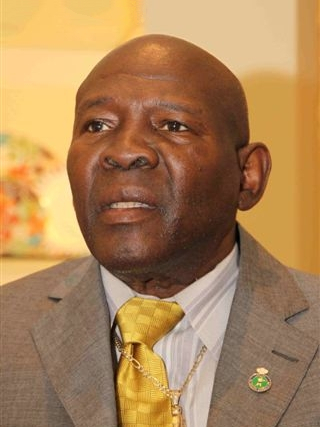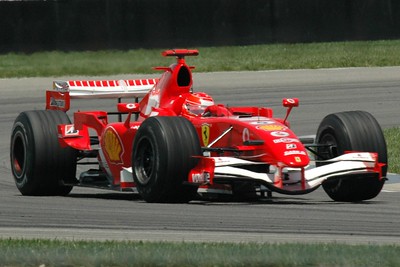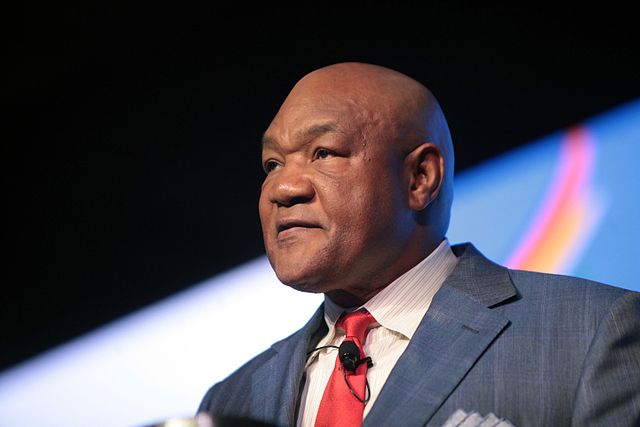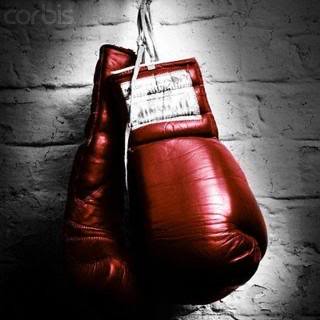Emile Griffith's Big 5: The Benny Tragedy with Benny Parrett
The tragic events in his third fight with Benny Parrett that caused the Virgin Islands boxer to slow down
When we talk about boxers with a powerful punch, but not the heaviest, the name of Emile Alphonse Griffith may immediately come to mind. Born in St. Thomas, US Virgin Islands, the competitor has had an incredible career that includes 112 memorable matches. In those, he won 85 times, 23 of them by knockout, lost 24 fights, but 10 of them were in his final 20 fights, where he just wanted to add another dollar to his bank account. Griffith was among the best at light middleweight, welterweight and middleweight in the 1960s and 1970s. In a series of five materials, we will recall the five most exciting meetings with his participation.
We begin, of course, with the best, with the clash that made Griffith extremely popular, even though it ended tragically. For this we have to go back to March 24, 1962 in Madison Square Garden, New York. There, Emile Griffith goes up against Benny "The Kid" Parrett for the third time. The history of the rivalry between them dates back to April 1 of the previous year, when Emil won his first welterweight world title in only his third year in the professional ring. Six months later, however, Paret regained the belt after a non-unanimous decision.
The Cuban Benny Paret is famous for his arrogance, his slightly more serious experience and a kilo more than Griffith. Kidd weighs 66 kilograms, has 49 matches in the professional ring, of which he has won 35, lost 11, and 3 ended without a winner, while the contender for the title has only 31 fights, of which, however, he has won 28 and lost only 3. Specialists and media are of the opinion that Emil Griffith will again manage to get the award and this time with greater ease.
A curious incident takes place on the morning of the fight, when the scales are on. Paret then insults his opponent in Spanish, calling him the offensive word in that language for homosexual. The Cuban even takes the liberty of grabbing his opponent's buttocks, which only infuriates Griffith further, who refuses to take the usual side-by-side and guard-up photo because, according to the photographer who was supposed to take it, the American is declared that he would strike his opponent.
However, punches are meant for what happens in the ring. And Parrett's words to the world title contender are indeed a serious accusation, because at that time being homosexual was considered almost a crime when it came to athletes. And the reason he said them is related to Griffith's other job, making hats in a factory that only hires female workers. Later in his life, Griffith shared that he was bisexual.
The match between them does not develop as interestingly as the events before it. But this is so only until the sixth round, when only the gong saves Emil, who is seriously pressed by the Cuban. Paret managed to deliver an extremely powerful combination, with which he seriously shook his opponent. This is also the turning point, when Griffith is instructed by his trainer Jill Clancy to punch until Parrett goes into the clinch or the referee stops him.
In the twelfth part, again, the events seem very calm, and this is exactly the words of the "ABC" commentator. Seconds later, however, Griffith has his opponent in the corner and delivers many heavy blows to his head. Although shaken, Kidd manages to raise his guard and fight back. Suddenly, however, he wobbles and falls onto the ropes as his head and part of his body are on the other side of the ring. Griffith grabs him by the shoulder to straighten him up and delivers a few more punches to his head. Referee Ruby Goldstein does not stop the match, although he sees that there is no particular reaction from the Cuban boxer. After the match, he said that more than once in his career he had seen other boxers do it in order to avoid cleaner blows from their opponents. Several times Paret raised his head, dodged blows, blocked others, but in the end, an analysis after the end of the match showed that the world champion received 29 hits to his head without answering a single one of them.
After all these strikes, Parret steps forward, grabs Griffith in the side and submits, giving Emile the TKO win. The moment the referee raises the winner's hand, however, Paret collapses to the floor and never gets up. He is carried out of the ring on a stretcher, but the doctors are unable to save him. There has been heavy criticism of the Cuban's manager Manuel Alfaro for not throwing the white towel to stop the match, but he claims he shouted at Goldstein in his desire for the referee to stop the match.
After learning about the serious condition of the now former world champion, Griffith went to the hospital, where after hours of attempts by doctors to bring Paret back to consciousness, he remained in a coma. The people in the streets immediately started insulting the new world champion because, according to them, he had driven his opponent to a desperate state, but to this day there is debate as to who was to blame for what happened. And it is that after 10 days Paret lost his life in Roosevelt Hospital in Manhattan.
In the autobiography of Emil Griffith, the boxer said that after this fight he never again used his full strength in punches against his opponents in the ring, and in the first meetings after the clash with Kid Paret, he even felt fear when reaching for the head of an opponent.




